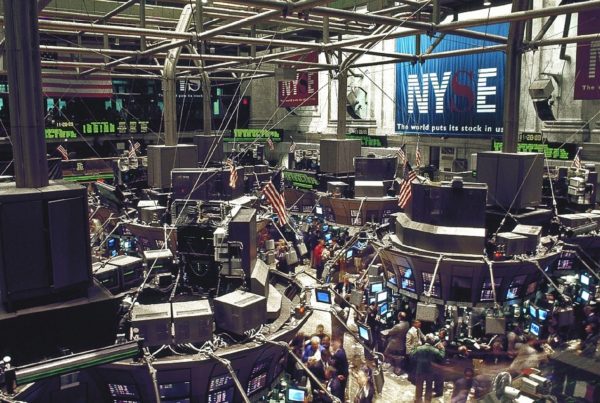If what’s happening in Washington seems chaotic, consider events in Europe. From the U.K., to France to Germany, the countries long considered the center of the European Union are anything but united behind their respective leaders. The British government was steps away from a meltdown Wednesday. Meanwhile, protests threatened to topple French President Emmanuel Macron, and Angela Merkel, the chancellor of Germany, who has faced enormous blowback over her government’s refugee policies, has announced that she won’t seek a fifth term.
Lorinc Redei is a lecturer at the LBJ School at the University of Texas at Austin. He says that while British Prime Minister Theresa May survived a no-confidence vote by her colleagues in parliament, the prospects for a smooth Brexit from the European Union are dim.
“We’re still currently on track for one of the worst outcomes in Brexit, which is a Brexit without any sort of deal – what experts have been calling a cliff-edge Brexit,” Redei says.
If that happens, the U.K. will leave the European Union without agreeing on deals to continue trade with Europe. That, in turn, could lead to economic hardship in Britain.
Macron faces his own no-confidence vote Thursday. Redei says Macron is in a very different situation than May.
“The prime minister of the U.K. faced a revolt from within her own party. Macron has the full confidence of his own party, and the vote of non-confidence was [initiated] by the far left,” Redei says. And even if the vote was successful, which Redei doubts, Macron is not at risk of losing his job.
Redei says placating the French citizens currently protesting Macron’s government is very difficult because the groups are so loosely organized.
“Unlike previous protests, which were usually led by trade unions with very specific demands, I think these protests have a chance of continuing on,” he says.
Redei says the turmoil in European governments has economic and political impacts on Texas.
“Texas exports nearly $27 million worth of goods to the EU annually,” he says. “It’s almost 10 percent of our exports.”
Politically, European unrest indicates rising nationalism, which was a major factor in both world wars.
Written by Shelly Brisbin.
















